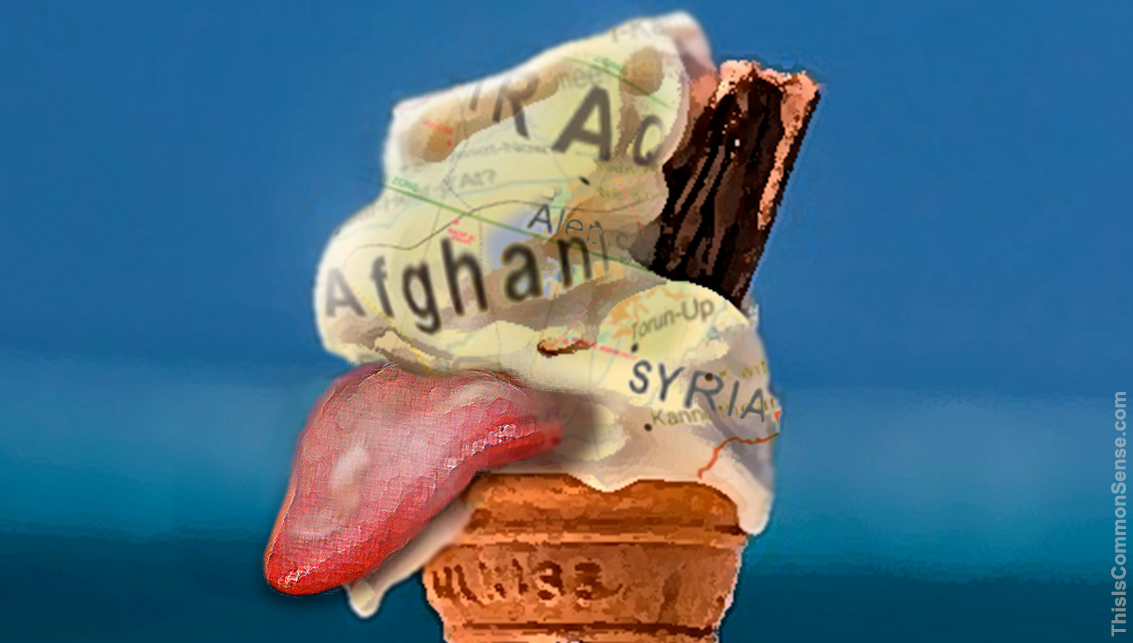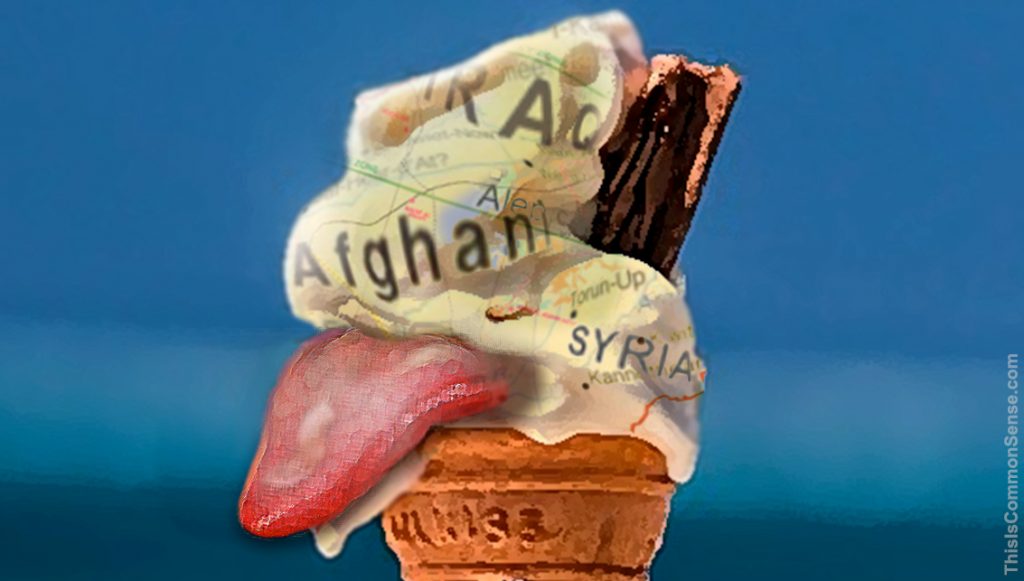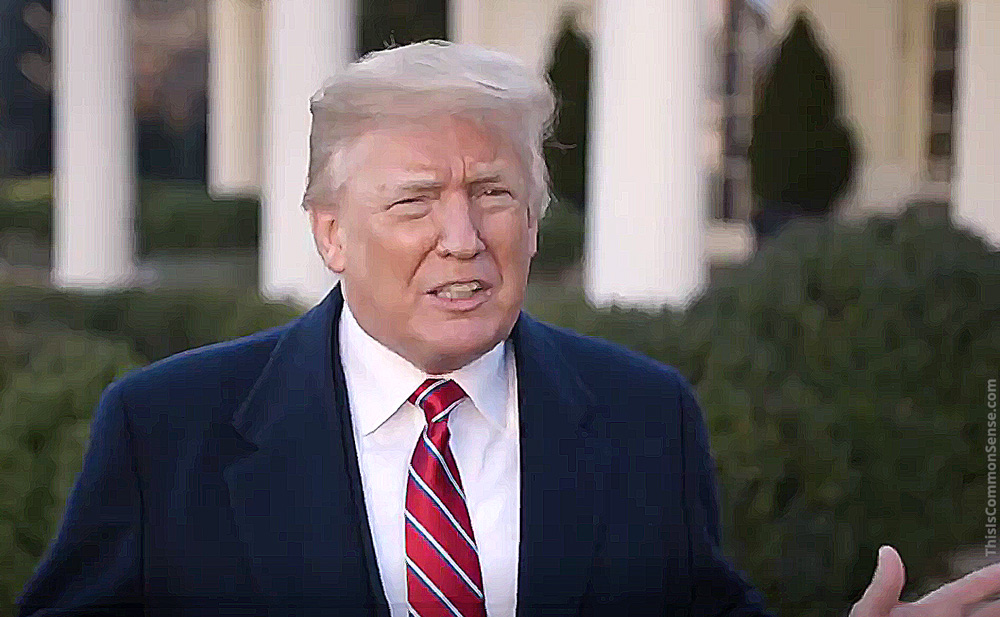“Jones and his Infowars nutritional supplement sales empire are having a bit of a rough moment,” wrote Justin Peters last year at Slate, “since the bellicose conspiracist has recently been banned from several social media and podcast platforms due to his hostile and hateful behavior.”
Like much of the commentary on Alex Jones, as well as on his colleague Paul Joseph Watson, there is something … off … about the characterization.
Bellicose?
Sure, he pushes bizarre accounts of conspiracies,* and on a personal level Alex Jones shouts and yells and blusters and worse.
But there is one way he is not bellicose. Alex Jones is almost consistently against war in general and America’s world-policing in particular.
And so, too, has been Paul Joseph Watson — who along with Jones was kicked off Facebook last week.**
If you are generally against war, being called “bellicose” and “hostile” must be galling, especially when personalities at CNN and MSNBC stand hand-in-hand with most at Fox in their obvious onscreen lust for actual warfare, drone bombings, and “tough choices.”
Yes, I know: Watson has been a withering critic of First World immigration policies and of the illiberalism he sees in Islamic cultures, and he relentlessly mocks Third Wave Feminism. That must be his “hateful” — and “hostile”? — element.
Yet, this seems less about hate and more about ideological disagreement.
More importantly, just whose interests are being served by social media’s current deliberate policy of marginalization?
The biggest cheers for ousting Jones and Watson — outside major media — echo from the left. But how is cheering on the consolidation of the military-industrial complex in leftists’ interest?
The current “war against Internet freedom” looks very bad for … dissent.
This is Common Sense. I’m Paul Jacob.
* One of which he has even confessed to be “psychotic.”
** Others ousted include racial nationalists such as Paul Nehlen and Louis Farrakhan, gay conservative provocateur Milo Yiannopoulos, and Laura Loomer. Their stances on military interventionism are less clearly anti-.

Photo Credit: Tyler Merbler from USA
—
See all recent commentary
(simplified and organized)








